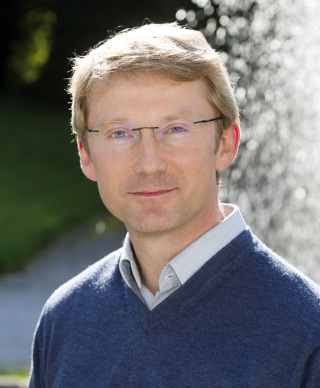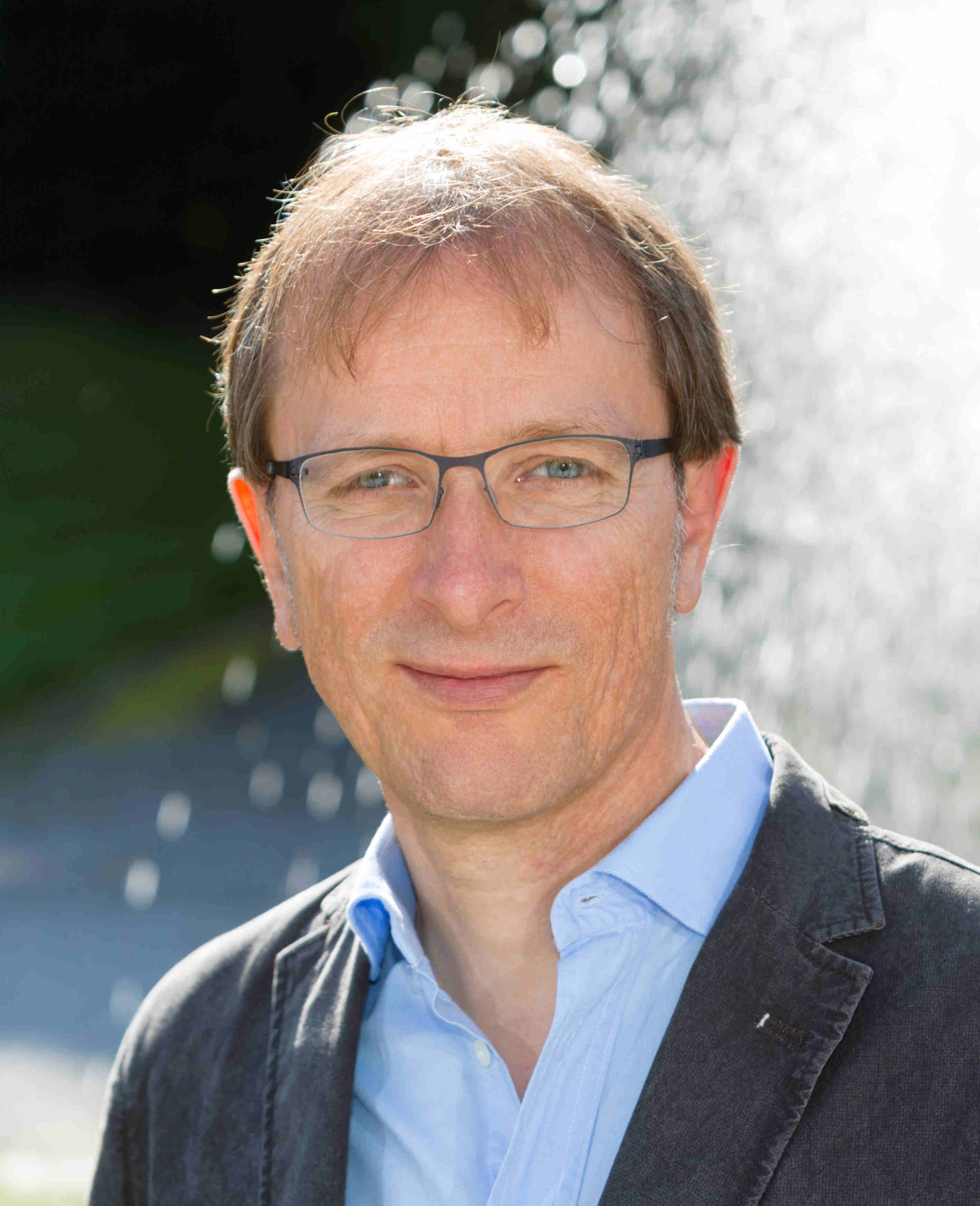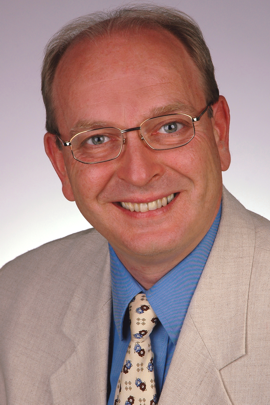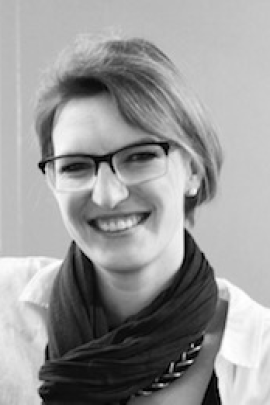Principal Investigators
Virus-host interactions that drive and control airway epithelial injury in coronavirus infections
Summary
Coronaviruses (CoVs) are a major cause of respiratory tract infections in humans. Lung pathology varies greatly between infections caused by common human CoVs (e.g., HCoV-229E) and zoonotic CoVs (e.g., MERS-CoV). The underlying mechanisms for strain-specific differences in human CoV-induced pathology remain poorly understood. The project aims to define CoV-regulated pathways and molecules and their interactions with CoV-encoded effectors in the lung to provide a framework for developing novel therapeutic strategies to treat coronaviral infections more effectively. Using advanced methods, including human lung cell culture systems, CoV reverse genetics, transcriptomics and single cell mRNA and protein-protein interaction analyses we were able to show that HCoV-229E induces a profound and genome-wide host response through NF-κB-dependent and -independent pathways that differ from classical cytokine-driven inflammatory responses. The data obtained in the first funding period suggest that CoVs fine-tune both the NF-κB system and the unfolded protein response (UPR) in a unique (and virus strain-specific) manner, which prompted us to evaluate the effects of inhibitors directed at NF-κB or the UPR in CoV-infected cells. Second, we determined the cellular lipidome of CoV-infected cells and identified (upregulated) specific lysophospholipids as important host cell factors that are required for the formation of intracellular membrane structures necessary for viral RNA synthesis. Third, we investigated CoV replicase gene-encoded enzymatic functions and established their involvement in (i) evading antiviral host reponses in human cells and/or (ii) modulating the cellular transcriptome. Fourth, we found that an alphacoronavirus-wide conserved accessory protein (called ap4 in HCoV-229E) modulates specific cellular pathways. In the next funding period, we will further define the functional interactions of specific CoV proteins with cellular pathways using HCoV-229E and MERS-CoV mutants lacking non-essential activities (Aim 1). To expand our analysis of human CoV strain-specific differences, we will systematically compare specific human lung cell types infected with HCoV-229E and MERS-CoV, focusing on differences in (i) viral replication, (ii) viral and cellular genome expression, and (iii) cell tropism (Aim 2). To reveal CoV strain-specific differences at the level of signaling and to explore the therapeutic potential of small molecule inhibitors, we will investigate the activation and interactions of PERK and NF-κB pathway components at the protein level (Aim 3). Collectively, these approaches will allow us to evaluate comprehensively our central hypothesis that human CoVs evolved a set of proteins that shape and thereby dampen (parts of) the virus-induced host cell response. Accordingly, failure to appropriately control and/or balance these mechanisms is expected to cause more severe lung injury in infections caused by (specific strains of) HCoVs.
https://www.uni-giessen.de/fbz/fb11/institute/rbi
https://www.uni-giessen.de/fbz/fb11/institute/klinik/virologie










